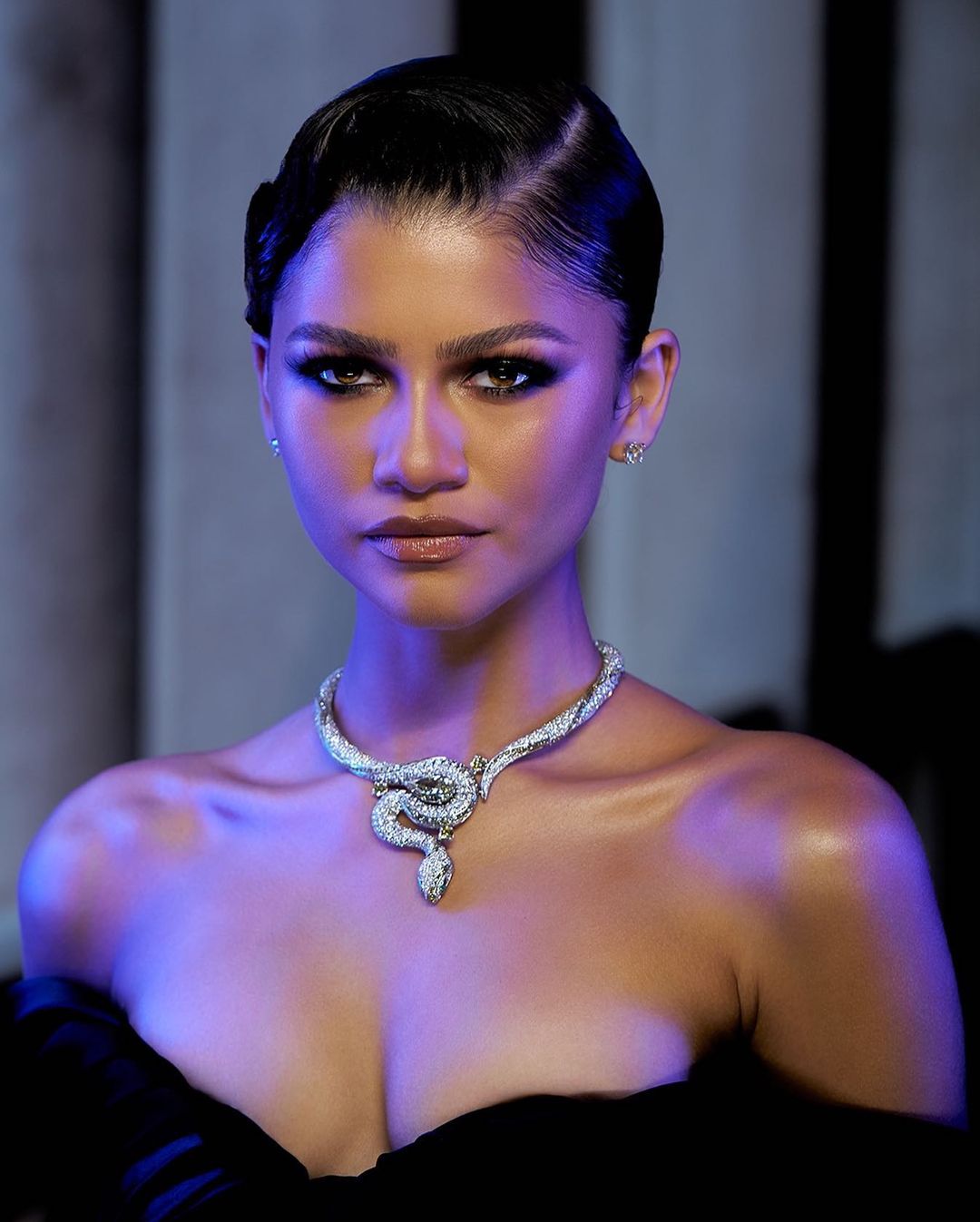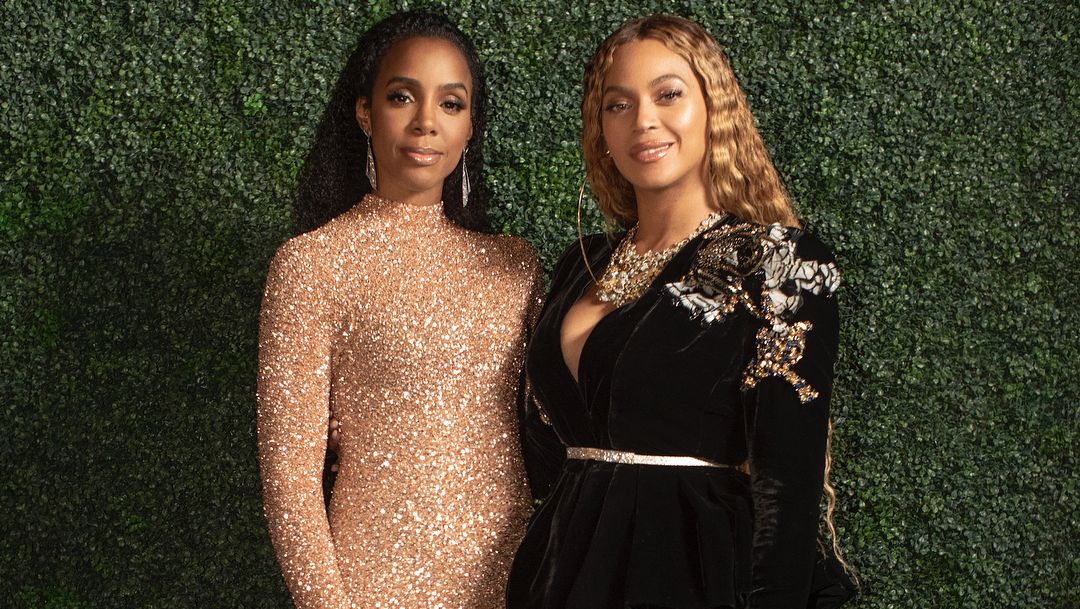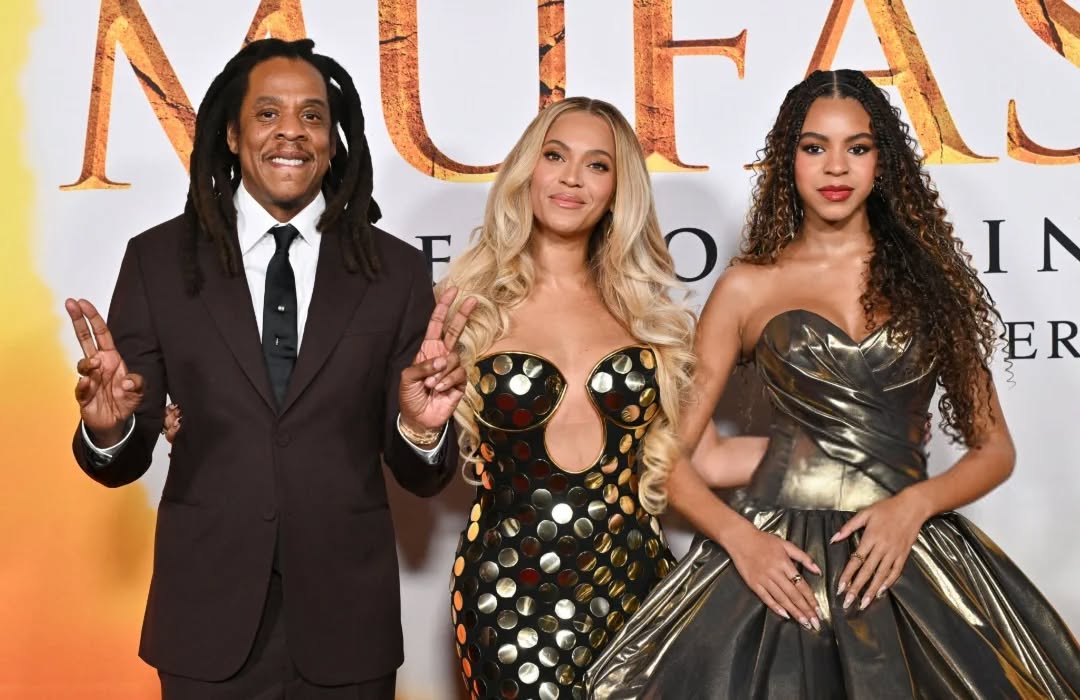
Beyonce Secures Blue Ivy's Trademark After 12-Year Legal Battle, what happens if anyone uses it.
8th Jan 2025 | category: Business | Hits: 635After over a decade of legal proceedings, Beyonce officially secured the trademark for her daughter Blue Ivy Carter's name. The U.S. Patent and Trademark Office granted approval on December 31, marking a significant victory for the global superstar and her family.
This trademark covers a wide range of products and services, effectively turning Blue Ivy’s name into a protected brand. The move aligns with Blue Ivy's growing public presence, including her appearances on Beyoncé's Renaissance World Tour and other high-profile events.
With this trademark, Beyoncé ensures that her daughter’s name can be used exclusively under her control for business ventures, products, and endorsements.
Who Is Blue Ivy ?
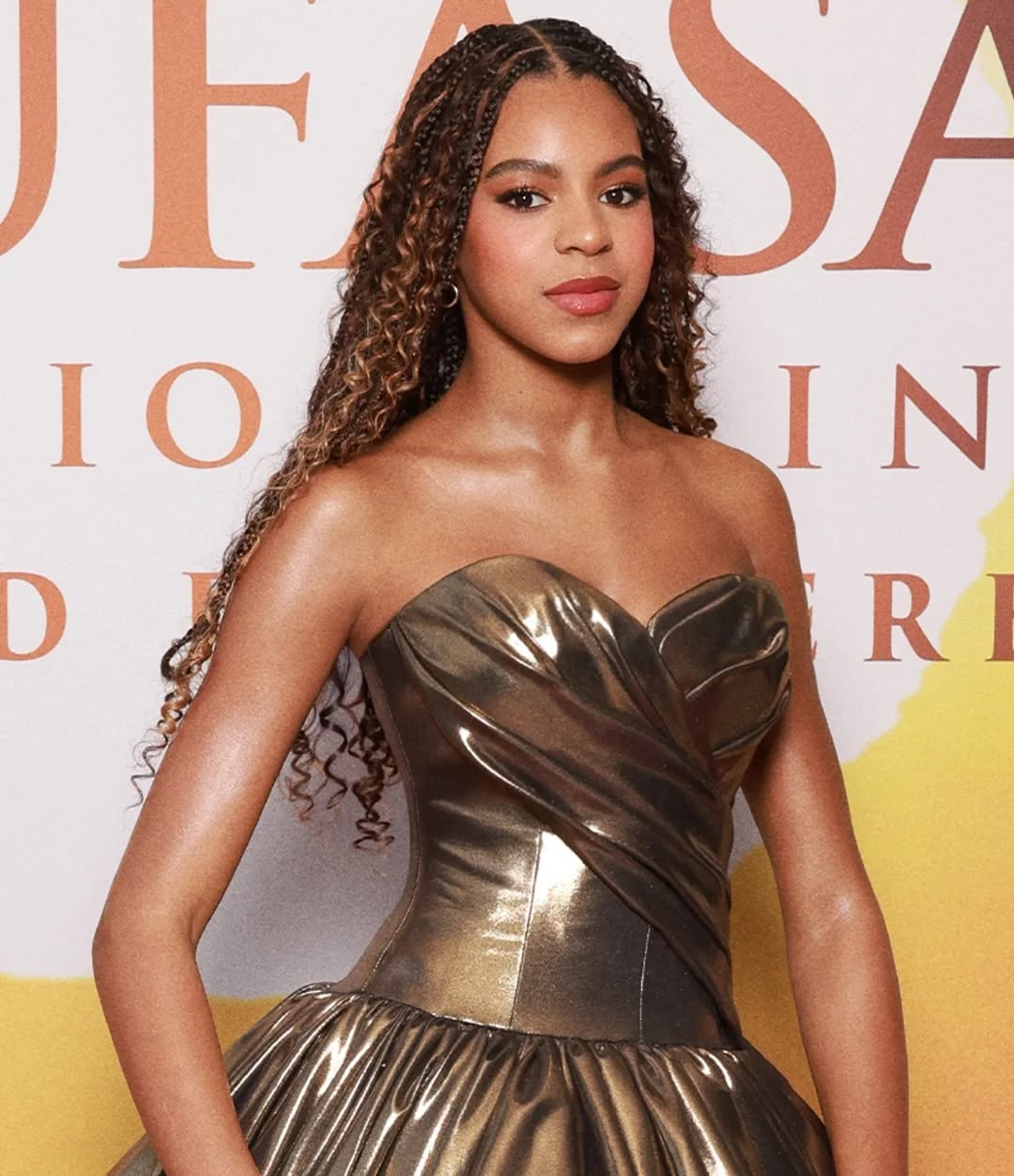
Blue Ivy Carter, born on January 7, 2012, is Beyonce and Jay-Z’s eldest daughter. At just 12 years old, she has already carved out a unique place in the entertainment world. From performing on stage during her mother’s Renaissance World Tour to becoming the youngest person ever to win a BET Award in 2020 for her contribution to "Brown Skin Girl," Blue Ivy’s achievements are remarkable for someone her age. She also won a Grammy for the same song, cementing her legacy as a rising star.
In addition to her artistic accolades, Blue Ivy is already making waves in the business world. With her name trademarked, she has the potential to expand into a variety of ventures, including fashion, beauty, and entertainment.
Her net worth, while not independently established, is estimated to be in the range of $10 million, largely due to her parents’ wealth, trust funds, and the monetization of her early achievements. Beyonce and Jay-Z have a combined net worth of over $2 billion, further ensuring a stable and lucrative future for Blue Ivy.
Blue Ivy Social Media
Despite her growing fame, Blue Ivy is notably absent from social media platforms, a deliberate choice by her parents. Beyoncé and Jay-Z have long prioritized their children’s privacy, shielding them from the intense scrutiny and pressures that often come with a public life online.
By keeping Blue Ivy off social media, they aim to provide her with a more grounded upbringing, free from the constant judgment, cyberbullying, and invasion of privacy that young public figures often endure.
This decision also allows Blue Ivy to focus on her passions and talents without the distractions and potential pitfalls of a digital presence. Instead of curating an online persona, she is building her legacy through artistic achievements and carefully managed appearances, guided by her parents' expertise in navigating fame.
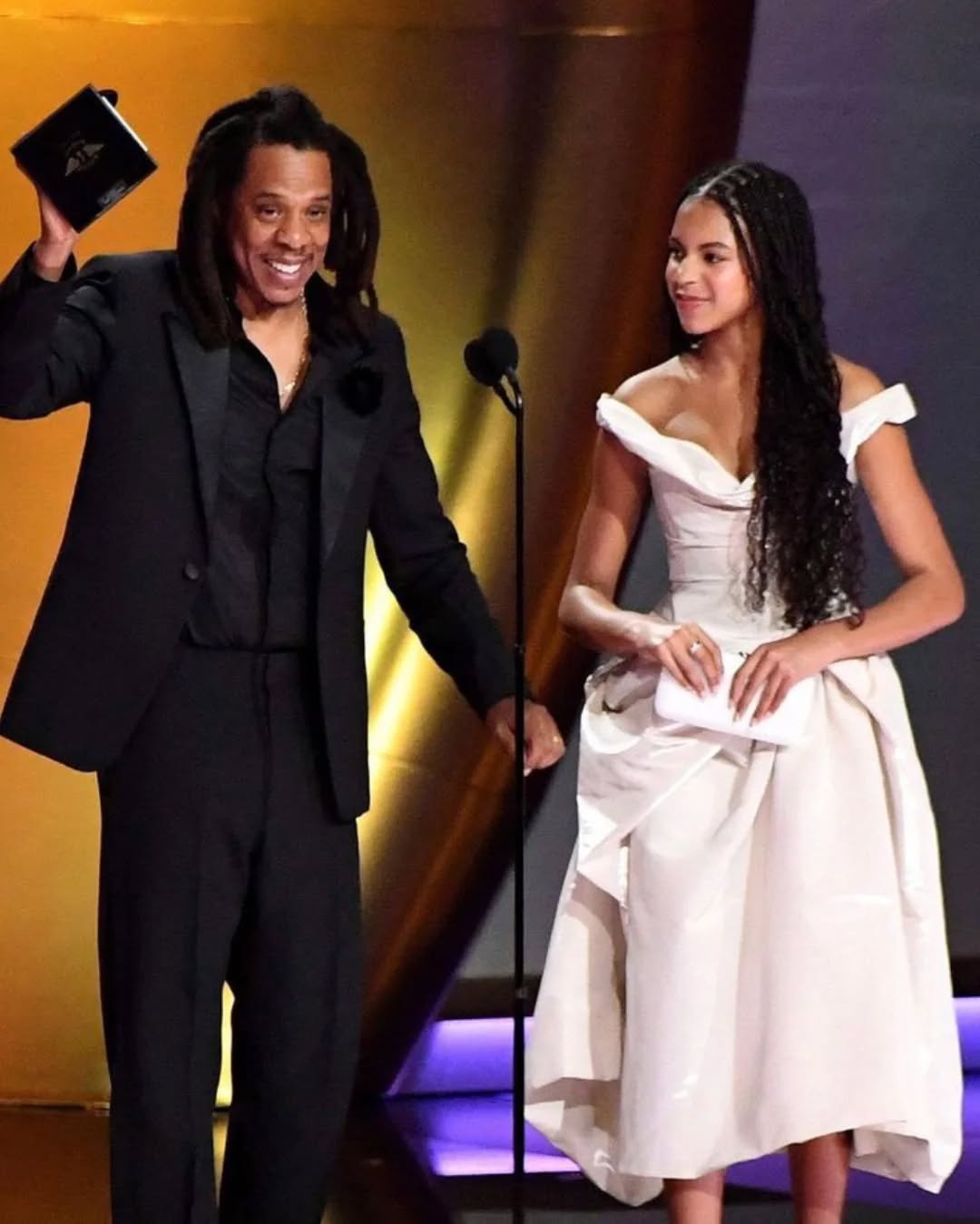
What Does It Mean to Trademark a Name?
Trademarking a name provides legal protection for a word, phrase, symbol, or design that identifies and distinguishes a brand's goods or services. In this case, Beyoncé has trademarked Blue Ivy's name to ensure it cannot be used commercially by others without permission.
A trademark not only protects the name but also helps in building a brand identity and establishing credibility in the marketplace.
What Happens When Someone Else Tries to Use a Trademarked Name?
If someone attempts to use a trademarked name without authorization, it can lead to legal consequences. The trademark holder has the right to:
File a Cease and Desist Letter: This is a formal request for the unauthorized user to stop using the trademarked name.
Seek Damages: If the infringement causes financial or reputational harm, the trademark holder may sue for damages.
Prevent Future Use: Courts can issue injunctions to prohibit the infringer from continuing to use the name.
In Beyoncé’s case, challenges to the trademark came from a Wisconsin boutique and a wedding planner who claimed to have been using "Blue Ivy" before Beyonce applied for the trademark.
The lengthy legal battle involved proving that the name is distinct and directly associated with Blue Ivy Carter as a brand.
The Importance of Protecting a Name
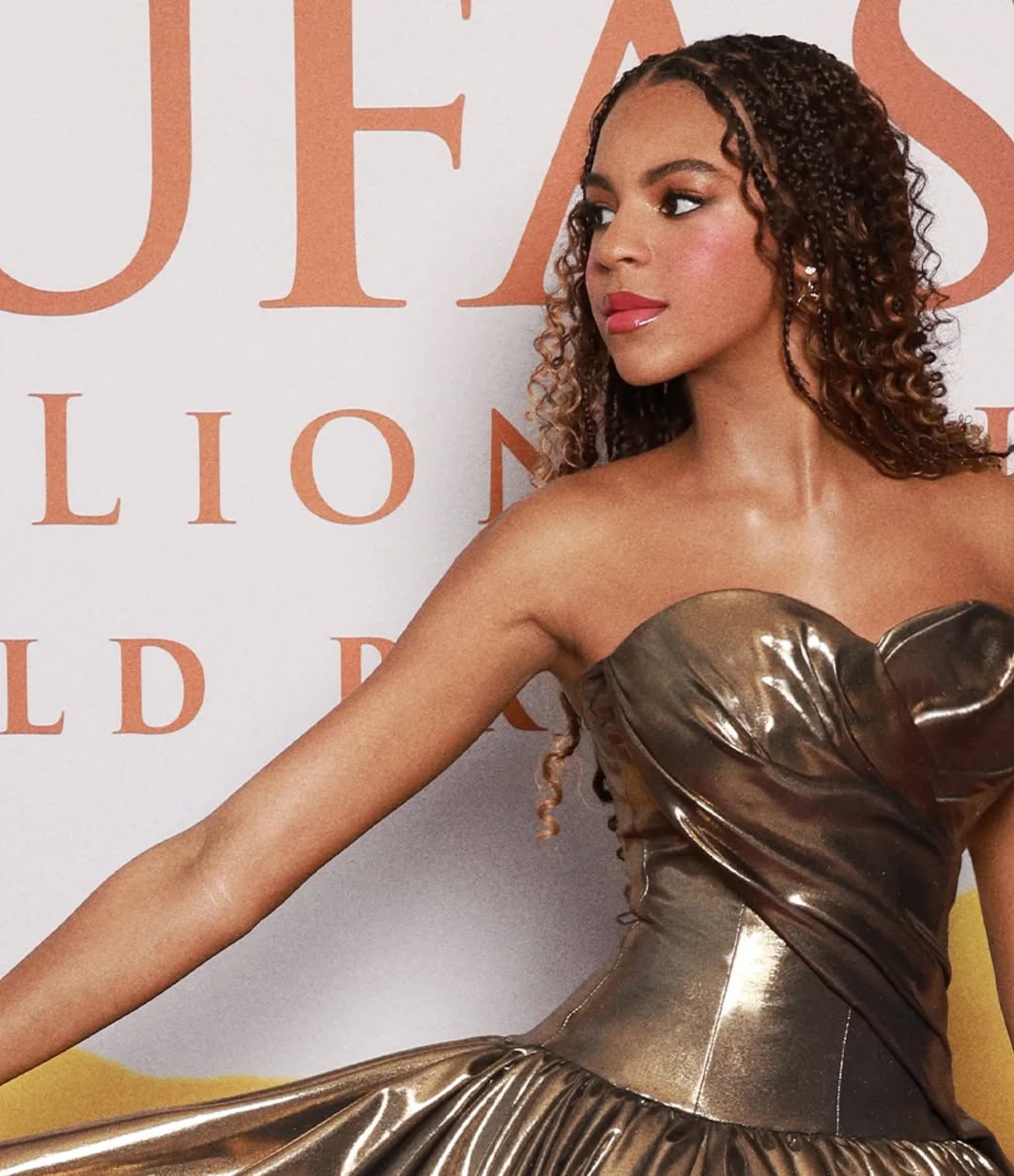
Securing the trademark ensures that Blue Ivy’s name will be safeguarded from unauthorized commercial exploitation. It also provides Beyoncé with the legal foundation to use the name for various ventures, from merchandise to entertainment projects. In an age where branding is vital, this move not only protects Blue Ivy’s legacy but also creates opportunities for future business endeavors.
Beyonce’s victory highlights the importance of intellectual property rights and the lengths individuals and families must sometimes go to protect their names and identities in a competitive world.
Related Posts


